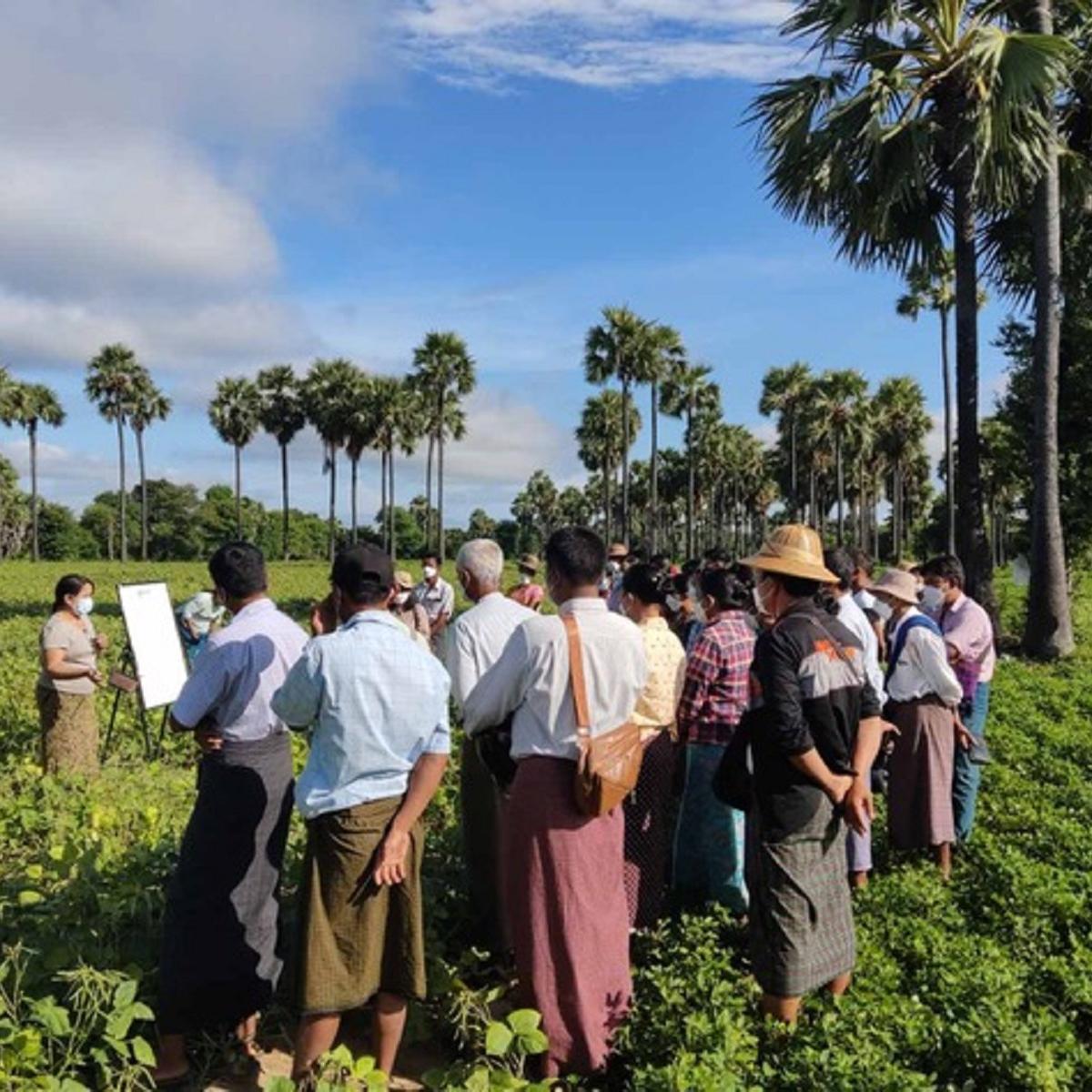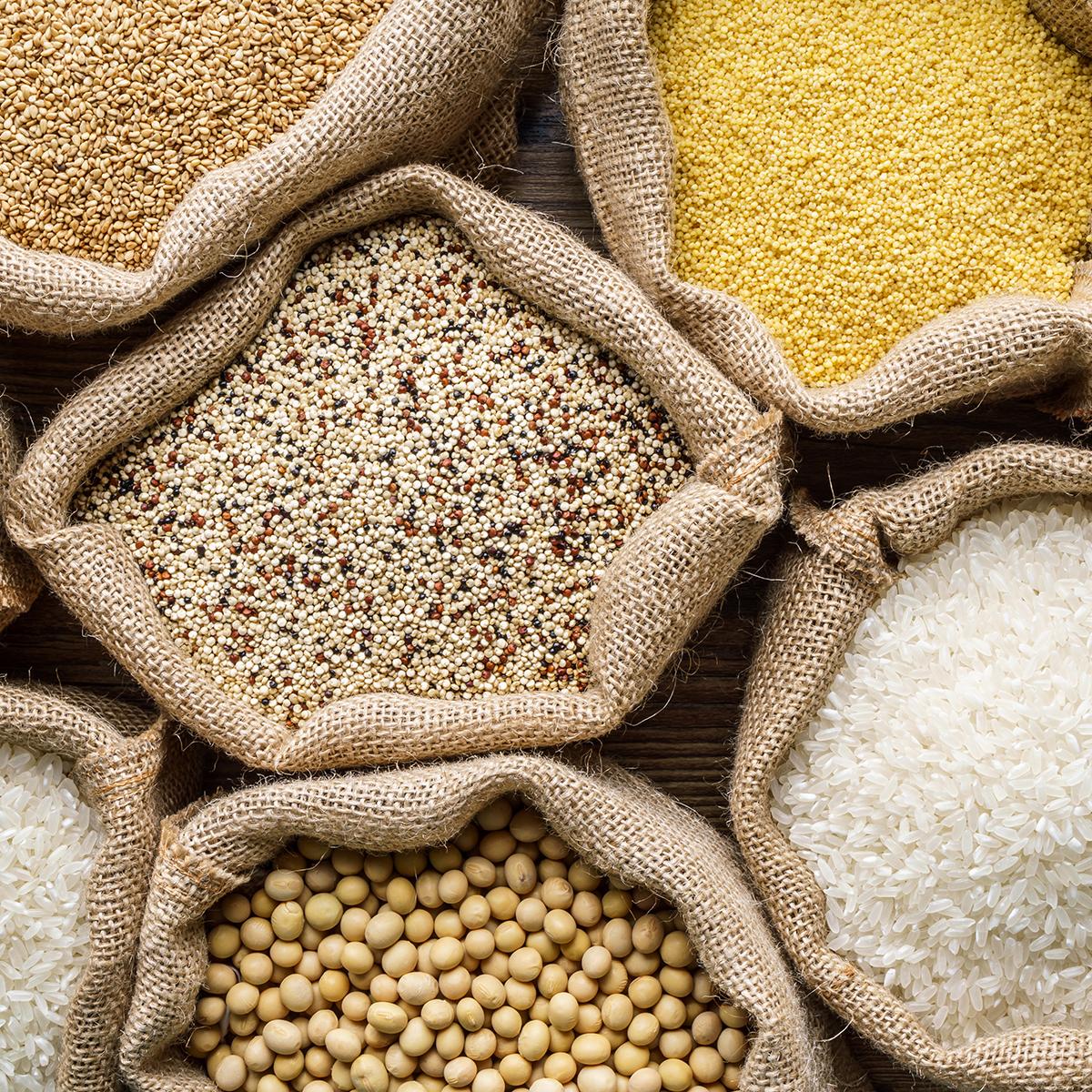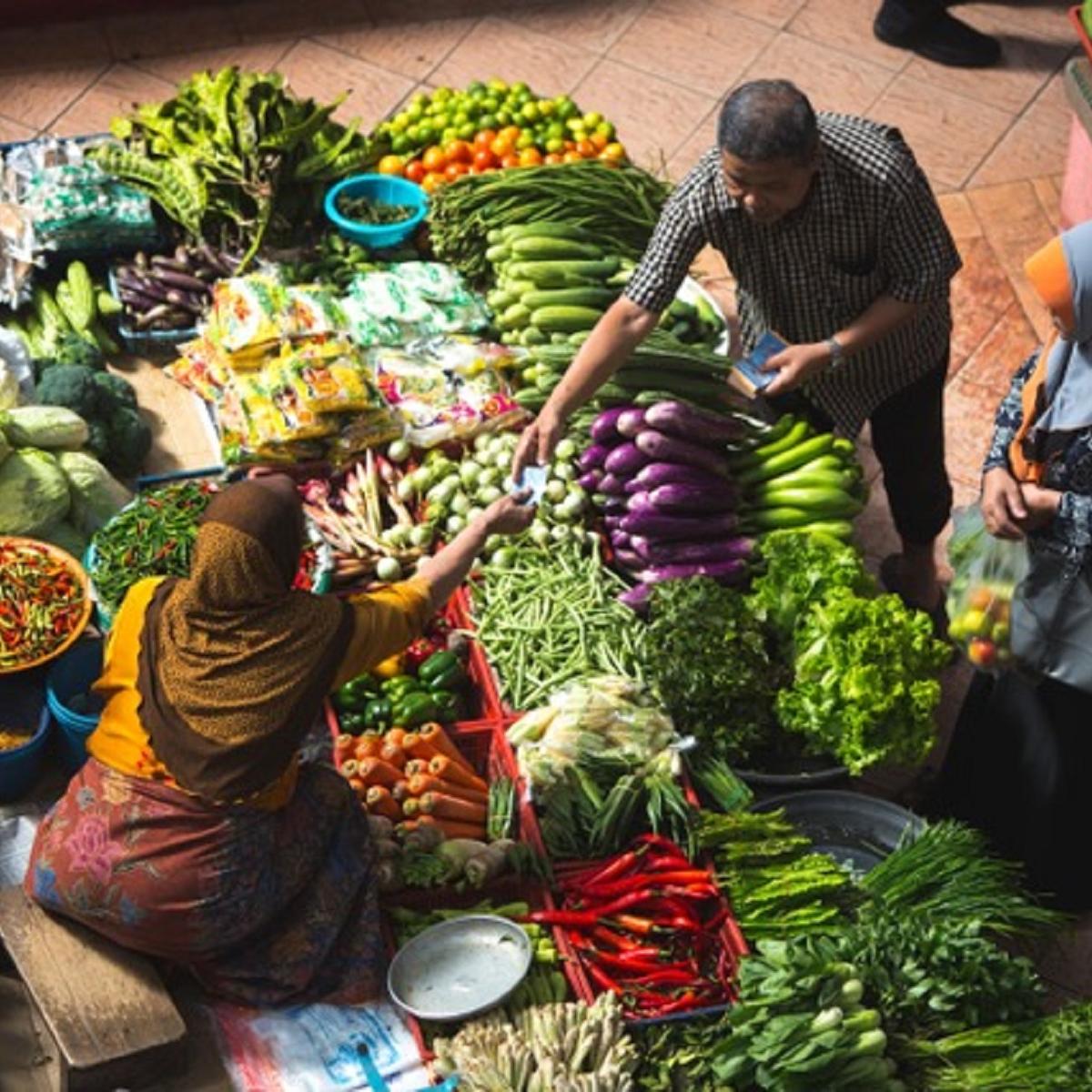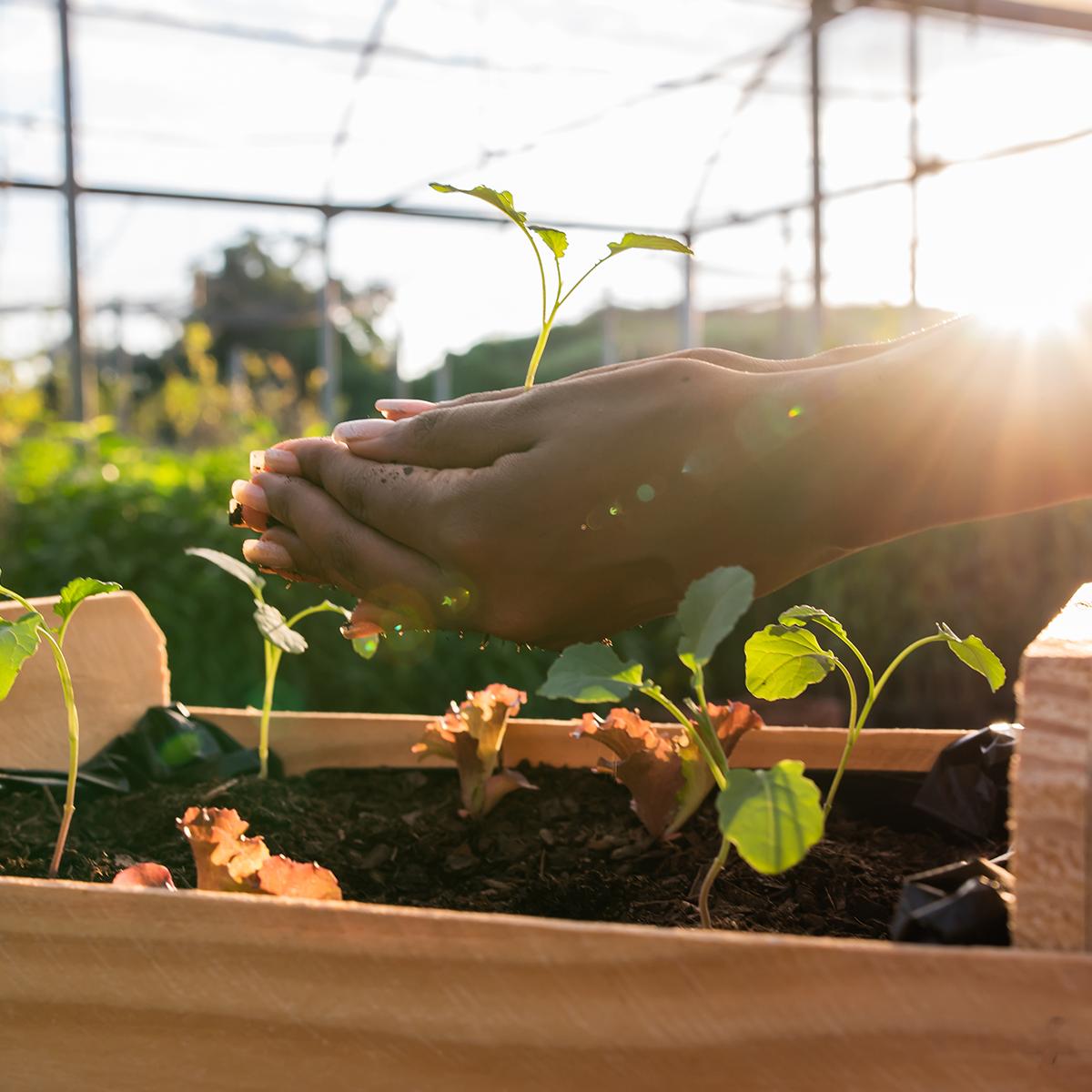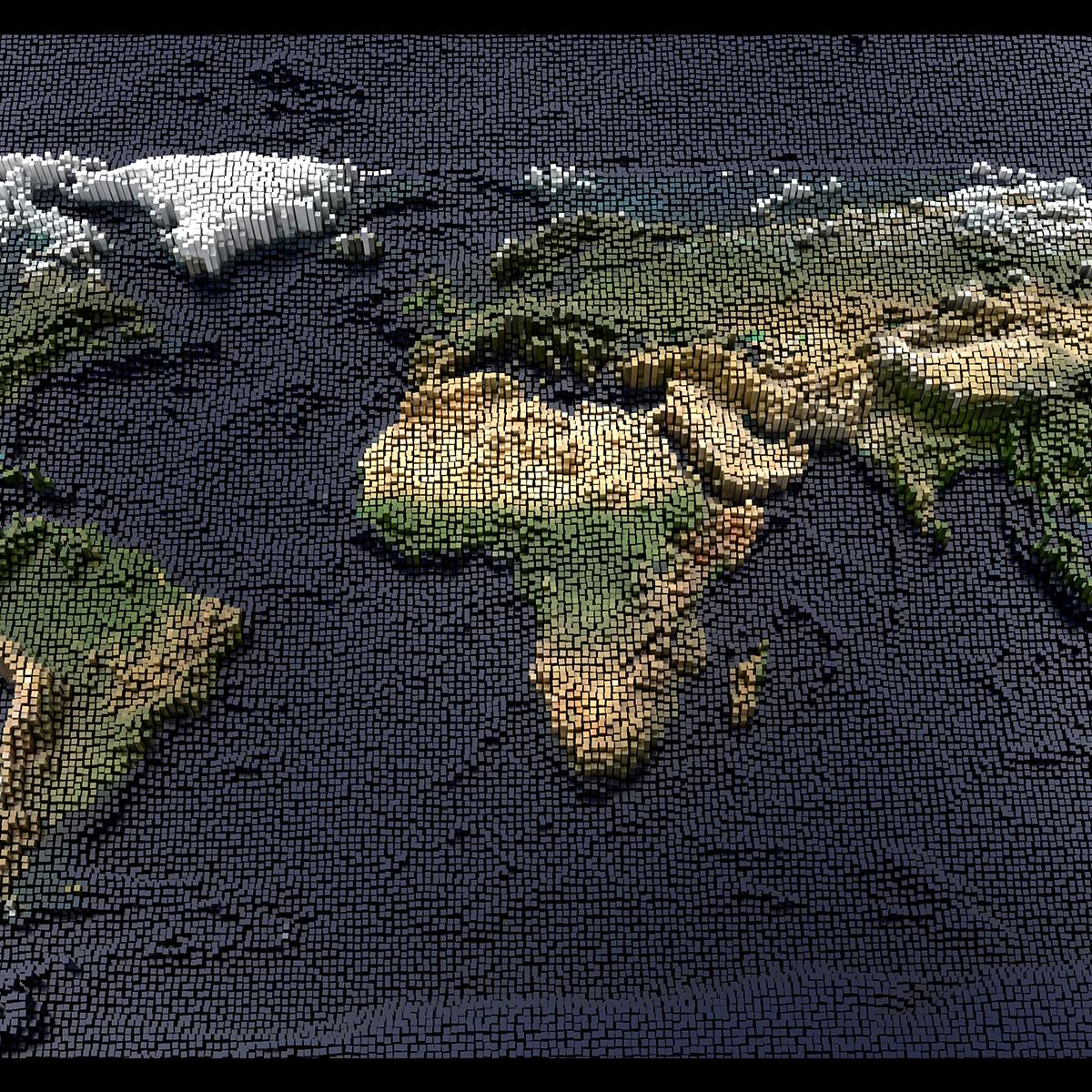Rethinking our food systems: A guide for multi-stakeholder collaboration
This guide provides both the conceptual foundations and practical tools and resources that underpin successful multi-stakeholder collaboration for food systems transformation.
Objective
The aim of the guide is to support those interested or engaged in convening, implementing, facilitating or supporting multi-stakeholder initiatives that contribute to the sustainable transformation of food systems, at different levels.
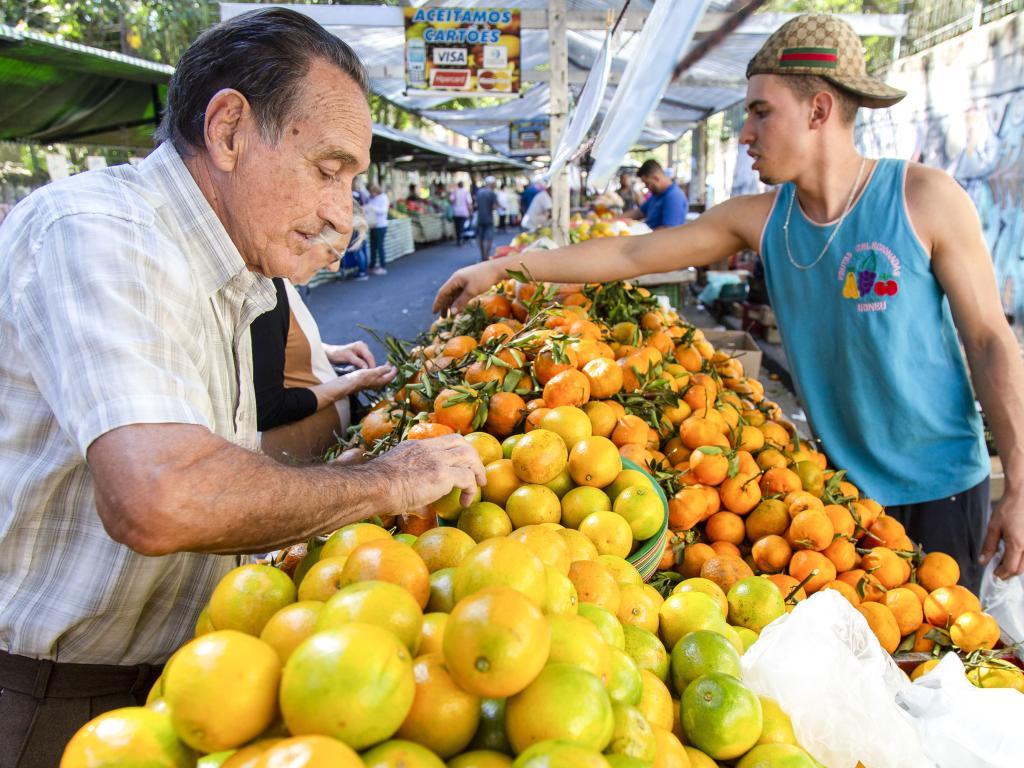
Item Assessment information
Needs addressed
- Developing strong governance and policies
Leaving no one behind
- Addressing SCP needs of the national population (including vulnerable groups)
- Promoting equal women/men participation and development with SCP
- Enhancing SCP practices and collaboration between key stakeholders (public and private)
Applicability
- Tested
- Applicable multiple countries
Organizations



-
12.1
-
12.2
-
12.3
-
12.5
-
12.7
-
12.8
How does the tool make an impact on SDG12?
By giving effective guidance on how to achieve successful multi-stakeholder collaboration, the guide supports food systems transformation towards sustainable food systems, which includes ensuring sustainable consumption and production patterns (SDG 12)
How does the tool make an impact across SDGs?
Sustainable food systems don’t just help to end hunger. They can help the world achieve critical progress on all 17 Sustainable Development Goals. See here how: https://www.un.org/en/food-systems-summit/sdgs

How does the tool promote and/or make an impact on MEAs?
Environmental problems cannot be solved without attention to food systems. They account for up to 34 percent of the anthropogenic greenhouse gas (GHG) emissions that cause climate change. Additionally, pollution from food systems is behind about 32 percent of terrestrial acidification and 78 percent of aquatic eutrophication. Furthermore, food systems are also key contributors to biodiversity loss, and just 50 crops make up 90 percent of our caloric intake. Experts predict that these impacts will increase dramatically in the coming decades thanks to increased demand for food, especially animal-source foods if no action is taken, crippling the chance of meeting environmental goals such as the Paris Agreement goal to keep global warming below 1.5°C.
Supporting food systems transformation towards sustainable food systems is therefore essential to promote and make an impact on MEAs such as the United Nations Framework Convention on Climate Change (UNFCCC), the Kyoto Protocol, the Convention on Biological Diversity, and the Kunming-Montreal Global Biodiversity Framework (GBF).
